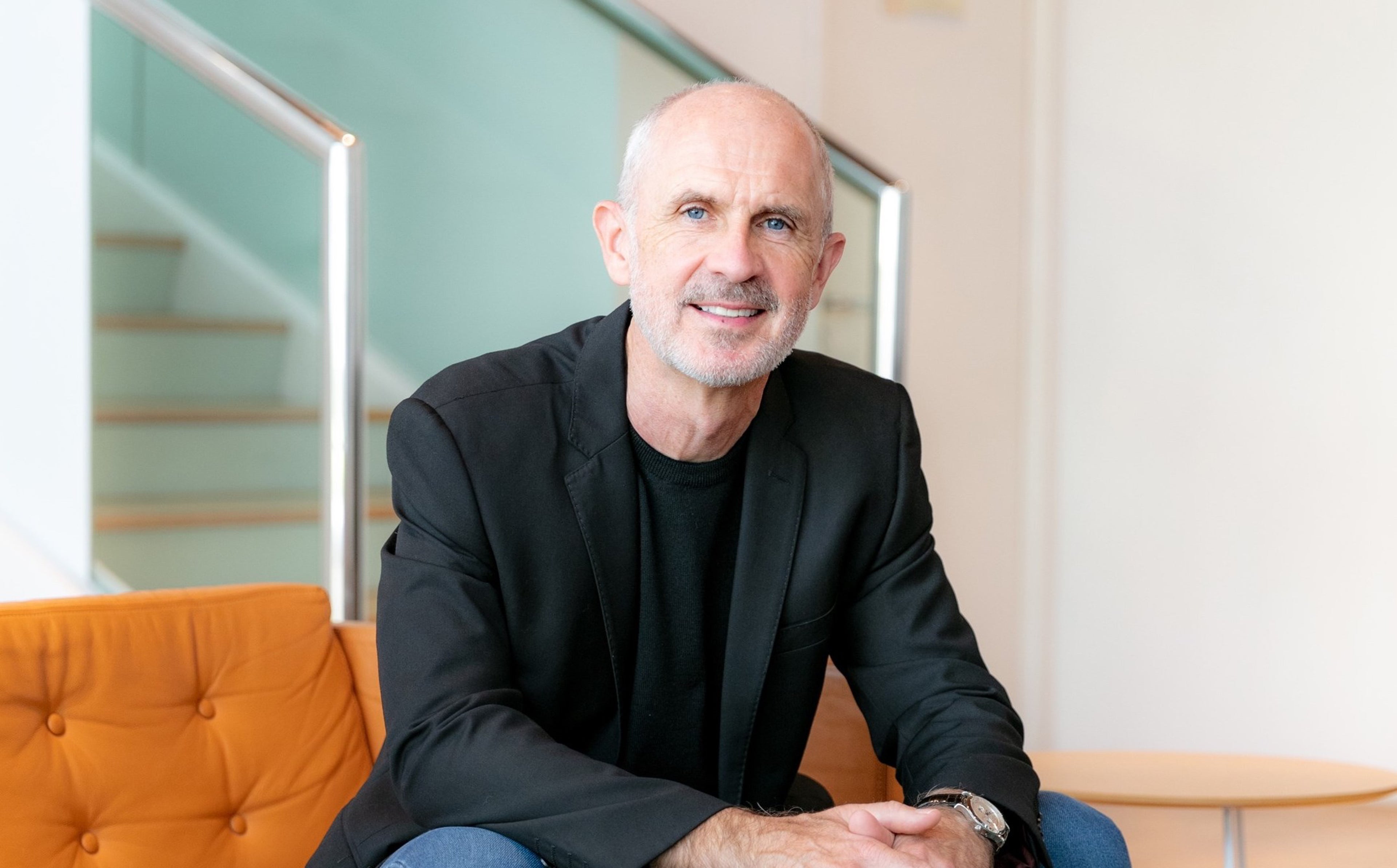Accelerating to Zero Coalition: Volvo Cars urges global action
Volvo Cars CEO Jim Rowan used the world stage to call on governments and businesses globally to step up and take meaningful action on climate change.

Volvo Cars CEO Jim Rowan used the world stage to call for global leadership and greater ambition on climate change – and for businesses and governments to take meaningful action to avert catastrophic global warming.
At COP27 last month in Egypt, Volvo Cars became a founder member of The Accelerating to Zero Coalition, an alliance of manufacturers, businesses, governments and investment funds committed to accelerating the shift to zero emission mobility.
Signatories include national governments from around the world. While Australia’s Federal Government has not yet signed, state governments including the ACT, New South Wales, South Australia and Victoria have backed the coalition. Globally, Volvo Cars is one of 14 automotive manufacturers to do so.
The movement builds on agreements made a year earlier at COP26 in Glasgow, where signatories to the Declaration on Zero Emission Vehicles committed to work towards making 100 per cent of global car and van sales free of tailpipe emissions by 2040, and no later than 2035 in major markets (Europe, China, Japan and the US).
Volvo was one of only six major carmakers to sign the pledge, which aims to help create better conditions – policy, investment frameworks and collaboration – to deliver and fund the infrastructure required to phase out petrol and diesel cars and vans.
**We mean business**
One year on from COP26, only 29 out of 194 countries have increased their climate ambition and delivery, despite pledging to do so.
Which is why Volvo Cars joined more than 200 other organisations in endorsing a call by the We Mean Business Coalition at COP27. It urges governments to recognise that keeping global warming to 1.5 degrees is a limit, not an arbitrary target, and that rapid action is required to avoid the worst effects of climate change.
Volvo Cars CEO, Jim Rowan, urged more manufacturers to sign the Declaration, take action and join the Coalition.
Globally Volvo car sales were up 12 per cent for November
**Carbon pricing push**
Separately, Volvo Cars head of sustainability, Anders Kärrberg, endorsed the Call on Carbon initiative – also backed by firms including IKEA, H&M and Siemens – urging governments to introduce an effective policy framework for carbon pricing.
Carbon pricing, also known as emissions trading, essentially means putting a price on each tonne of carbon emitted by manufacturers and other businesses. If governments can align on a global carbon pricing scheme, it means businesses are incentivised to invest in lowering carbon emissions within their operations, processes and products, or must pay the price for every tonne emitted.
Under such schemes, businesses that reduce their carbon emissions ultimately pay a lower carbon tax, and therefore have a competitive advantage. The money raised from emissions trading schemes is usually used to fund clean energy or infrastructure projects, thereby helping to reduce emissions in the broader economy.
Volvo Cars last year launched an internal carbon price of 1000 Swedish Krona (about 140 Australian dollars) per tonne, becoming “the first carmaker to implement a global carbon pricing mechanism, covering its complete value chain emissions”, at COP26, according to Kärrberg.
Under the scheme, every future car project undergoes a ‘sustainability sense-check’ and a carbon cost is imposed for every anticipated tonne of carbon emissions throughout the car’s life cycle. That mechanism effectively steers the company to take the most sustainable options – and make the most sustainable cars.
Now Volvo and other manufacturers want governments to create similar initiatives so that all businesses are incentivised to make the most sustainable business decisions.
“By endorsing the Call on Carbon, we are once again demonstrating our willingness to contribute to lead the entire automotive industry towards a more sustainable future. We must urgently work against re-orientate financial mechanisms to help us stay within the limit of 1.5 degree global warming,” added Kärrberg.
“This can both add stability for investors, as well as support a just transition for affected workers and farmers, families and communities that will be affected as a result of such changes.”